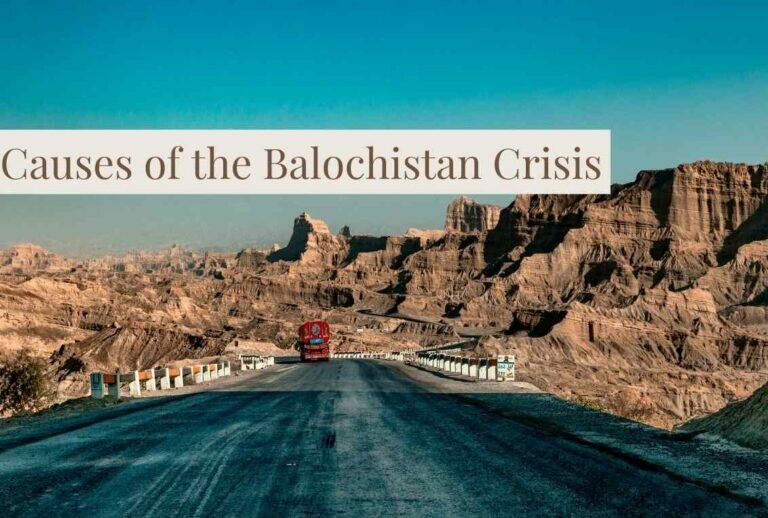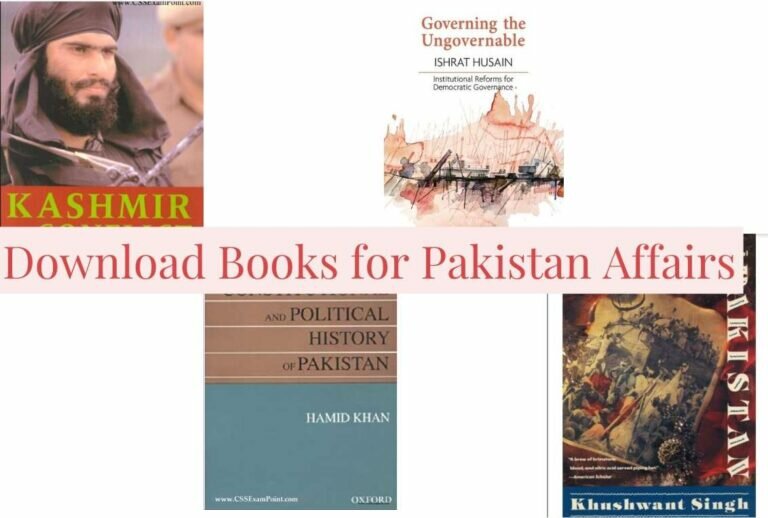Pakistan and the Future of Kashmir Cause
I. Introduction
The conflict over Kashmir, a region located between India and Pakistan, dates back to 1947 when the British colonial rule in India ended. And, the Indian subcontinent was partitioned into two independent states, India and Pakistan. Since then, both countries have claimed Kashmir as their own and have fought several wars over it. Both have their own perspectives on the Kashmir cause.
Currently, the region is divided between India and Pakistan. India is controlling most of the territory and Pakistan controls a smaller portion. India has faced criticism for its treatment of the Kashmiri people. This includes the revocation of their autonomous status in August 2019 and human rights violations.
Thesis statement: The future of the Kashmir conflict will be shaped by a combination of factors, including the actions of India and Pakistan, international pressure, and the stance of the Kashmiri people.
II. The role of Pakistan in the Kashmir cause
Pakistan has been a vocal supporter of the independence movement in Kashmir and has advocated for self-determination for the Kashmiri people. It has also provided political and diplomatic support to the movement, including at the United Nations. Pakistan has made several attempts to negotiate with India to resolve the Kashmir conflict. It includes bilateral talks and international mediation. However, these efforts have not yet led to a lasting resolution.
Despite its support for the independence movement, Pakistan has faced criticism for handling the conflict. Some have accused Pakistan of using the Kashmir issue for political gain and not doing enough to address human rights abuses in the region.
Cases in Point:
- 1965 India-Pakistan War: During this war, Pakistan sought to gain control over Kashmir. However, the conflict was resolved through international intervention and a ceasefire agreement.
- 1999 Kargil War: Pakistan attempted to take control of the region through a covert military operation. However, the conflict was resolved through international diplomacy and pressure from the international community.
- 2019 Pulwama Attack: In February 2019, a suicide bombing in the Indian-controlled portion of Kashmir resulted in the deaths of 40 Indian soldiers. India accused Pakistan of being behind the attack. It led to heightened tensions between the two countries.

Also Read: Great Nations Win Without Fighting Essay
III. The role of India in the Kashmir cause
India has maintained that Kashmir is an integral part of its territory. It has opposed any efforts towards independence for the region. India has also faced criticism for its human rights record in Kashmir. This includes the revocation of the region’s autonomous status in August 2019 and the use of force against civilians. India has maintained a heavy military presence in Kashmir to control the independence movement. It has faced accusations of human rights abuses, including arbitrary detention, torture, and extrajudicial killings. In 2019, India revoked the autonomous status of the region, leading to widespread protests and a crackdown by the Indian security forces.
India has taken several steps to maintain control over Kashmir. It includes the deployment of security forces and the implementation of strict curfews and communication restrictions. India has also sought to undermine the independence movement through propaganda and by accusing Pakistan of supporting terrorism in the region.
Cases in Point:
- 1990s Insurgency: In the 1990s, India faced a major insurgency in Kashmir as separatists sought independence from Indian rule. India responded with a heavy-handed crackdown, leading to widespread human rights abuses and further fueling the independence movement.
- 2019 Revocation of Autonomous Status: In August 2019, India revoked the autonomous status of Kashmir. It led to widespread protests and a crackdown by the Indian security forces. The move was widely criticized by human rights groups and the international community.
- 2021 Farmers’ Protests: In 2021, India faced large-scale protests by farmers who were opposed to new agricultural laws. The protests were met with a heavy-handed response from the Indian government, including the use of force and the arrest of protest leaders.
Also Read: Digital Democracy: Social Media and Political Participation Essay
IV. International involvement in the Kashmir cause
The Kashmir conflict has received attention from the international community, with several countries and international organizations calling for a peaceful resolution to the conflict. There have also been calls for India to address human rights abuses in the region and for Pakistan to do more to address terrorism in the region.
Several international efforts have been made to mediate the conflict, including through the United Nations and other international organizations. However, these efforts have not yet led to a lasting resolution to the conflict. Regional powers, such as China and the United States, have also played a role in the conflict, with both countries having diplomatic and economic ties with India and Pakistan. These regional powers have the potential to exert influence on the conflict and have been involved in efforts to mediate the conflict.
Cases in Point:
- United Nations Mediation Efforts: The United Nations has made several attempts to mediate the conflict. It includes resolutions calling for a peaceful resolution to the conflict. However, these efforts have not yet led to a lasting resolution.
- US-Pakistan Relations: The United States has had a complex relationship with Pakistan, with the US providing military and economic aid to Pakistan while also criticizing its handling of terrorism in the region.
- China-India Relations: China and India have had a long-standing territorial dispute over the Himalayan region, including Kashmir. China has also been involved in infrastructure projects in Pakistan-administered Kashmir, further complicating the conflict.
Also Read: The Impact of Artificial Intelligence on the Global Job Market
V. Conclusion
In conclusion, the Kashmir conflict is a complex and multi-faceted issue that involves the interests of multiple actors, including India, Pakistan, and the international community. Pakistan has been a vocal supporter of the independence movement in Kashmir and has advocated for self-determination for the Kashmiri people, while India has maintained that Kashmir is an integral part of its territory and has opposed any efforts toward independence. The conflict has received international attention, with several countries and international organizations calling for a peaceful resolution to the conflict and efforts being made to mediate the conflict.
However, despite these efforts, the conflict remains unresolved and continues to cause significant human suffering in the region. The future of the Kashmir cause remains uncertain, but it is clear that a lasting resolution will require the cooperation of all relevant actors and a commitment to finding a peaceful solution to the conflict.







